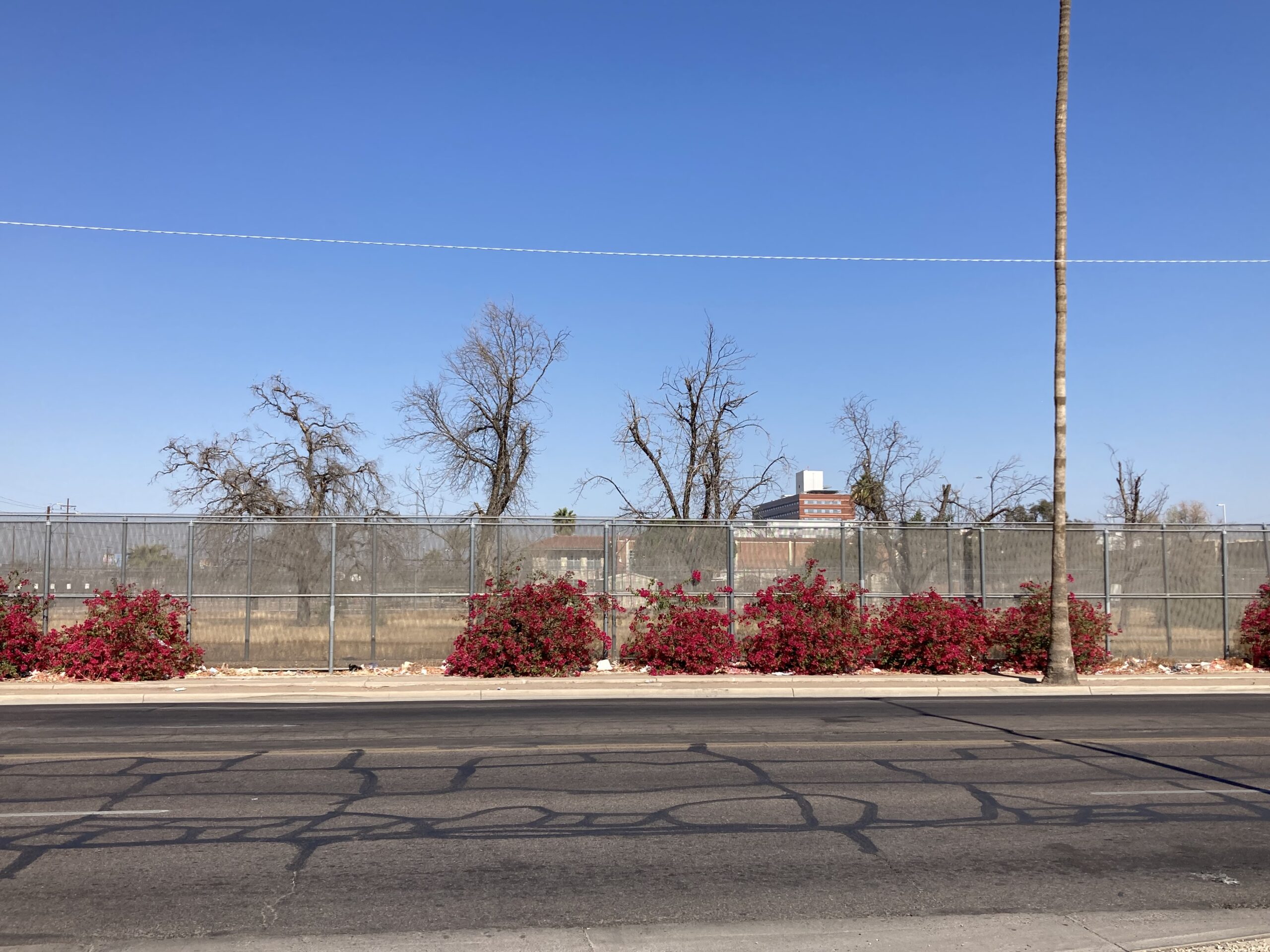Special Olympics Arizona is looking for a full-time Research Coordinator to coordinate the first phase of a longitudinal evaluation that examines the impact of Special Olympics participation on physical, mental, and socio-emotional health.
Over the last several years, Special Olympics has expanded their mission to include a host of programming that includes mental and social-emotional health. The funding for the position is secure. Learn much more about the position and how to apply: Longituidnal Evaluation Research Coordinator







